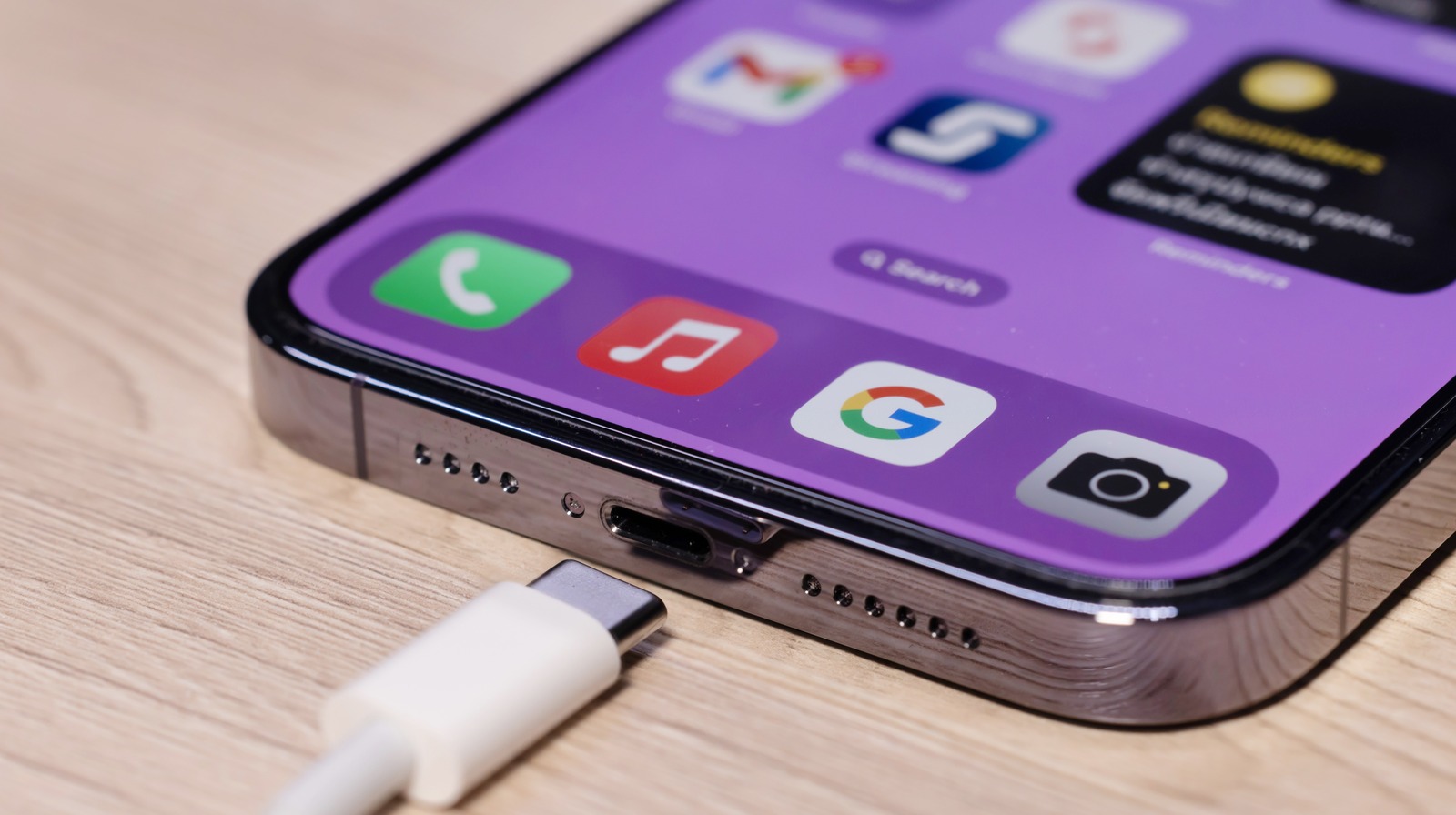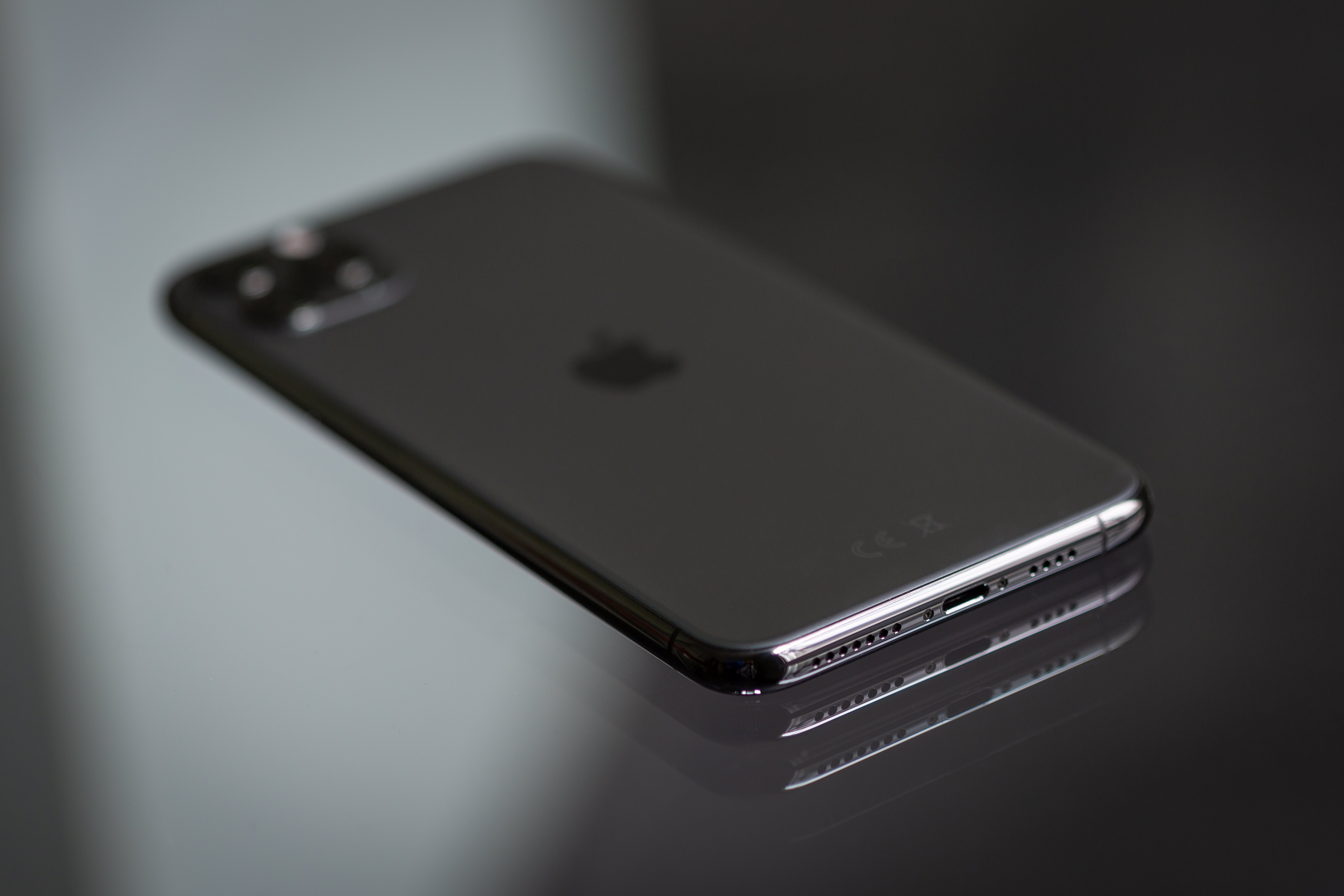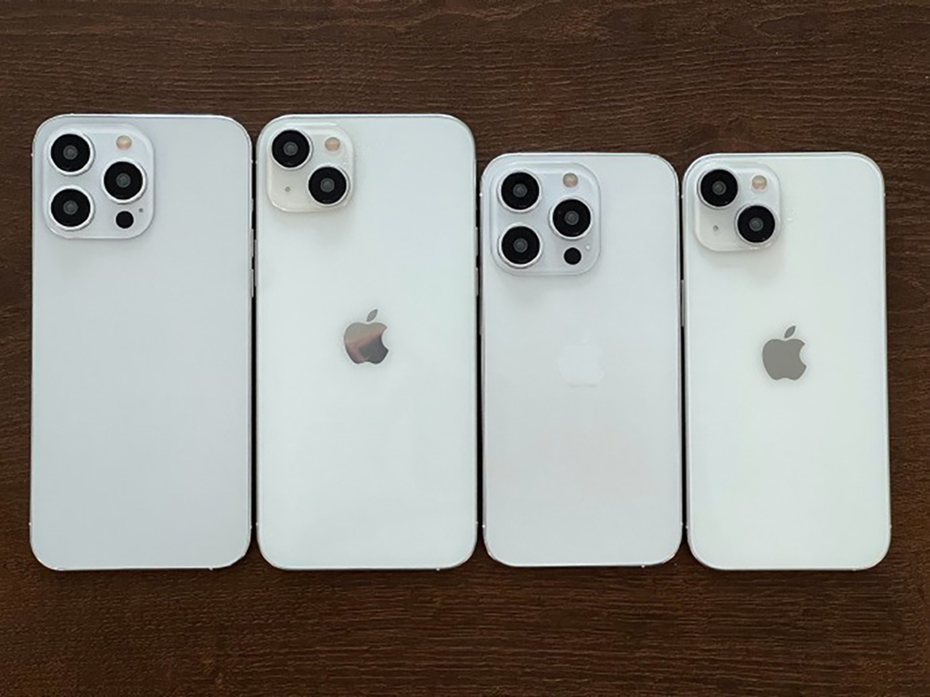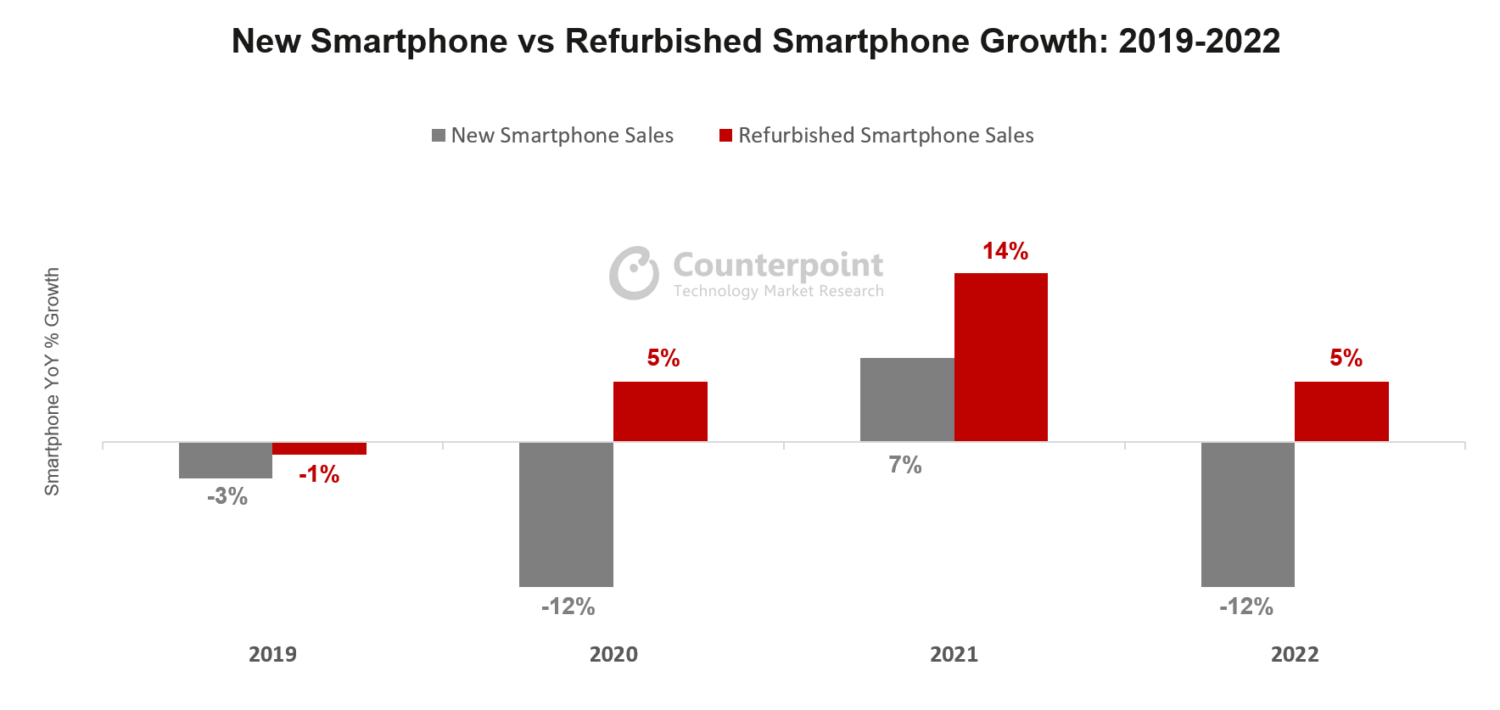According to Apple's instructions, this calibration process takes several weeks. According to 9to5Mac reports, some users have increased the maximum battery capacity after calibration, while others have indicated that the maximum capacity has become smaller.

Apple stated in its support document that the move is to solve a problem of inaccurate battery health report estimates. Symptoms include:
"Unexpected battery consumption behavior, and in a few cases, the peak performance capacity is reduced. Such inaccurate battery health reports cannot reflect actual battery health problems."
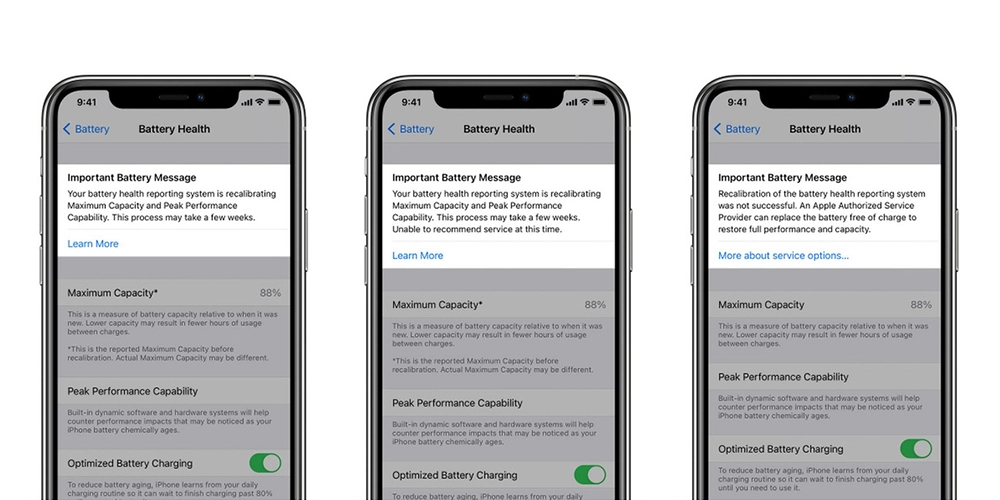 Pic 1-3: Battery is being recalibrated, Service recommendation not available, Recalibration unsuccessful.
Pic 1-3: Battery is being recalibrated, Service recommendation not available, Recalibration unsuccessful.
After updating to iOS 14.5, users of iPhone 11, iPhone 11 Pro, or iPhone 11 Pro Max may see one of the three messages shown in the figure above. They are: "Battery is being recalibrated" and "Service recommendation not available", "Recalibration unsuccessful".
Apple said that if users encounter "recalibration unsuccessful" problems, they can go to Apple's authorized service provider to replace the battery for free. When experiencing this problem, you can still use the iPhone, but you may encounter more obvious battery problems and performance problems.
